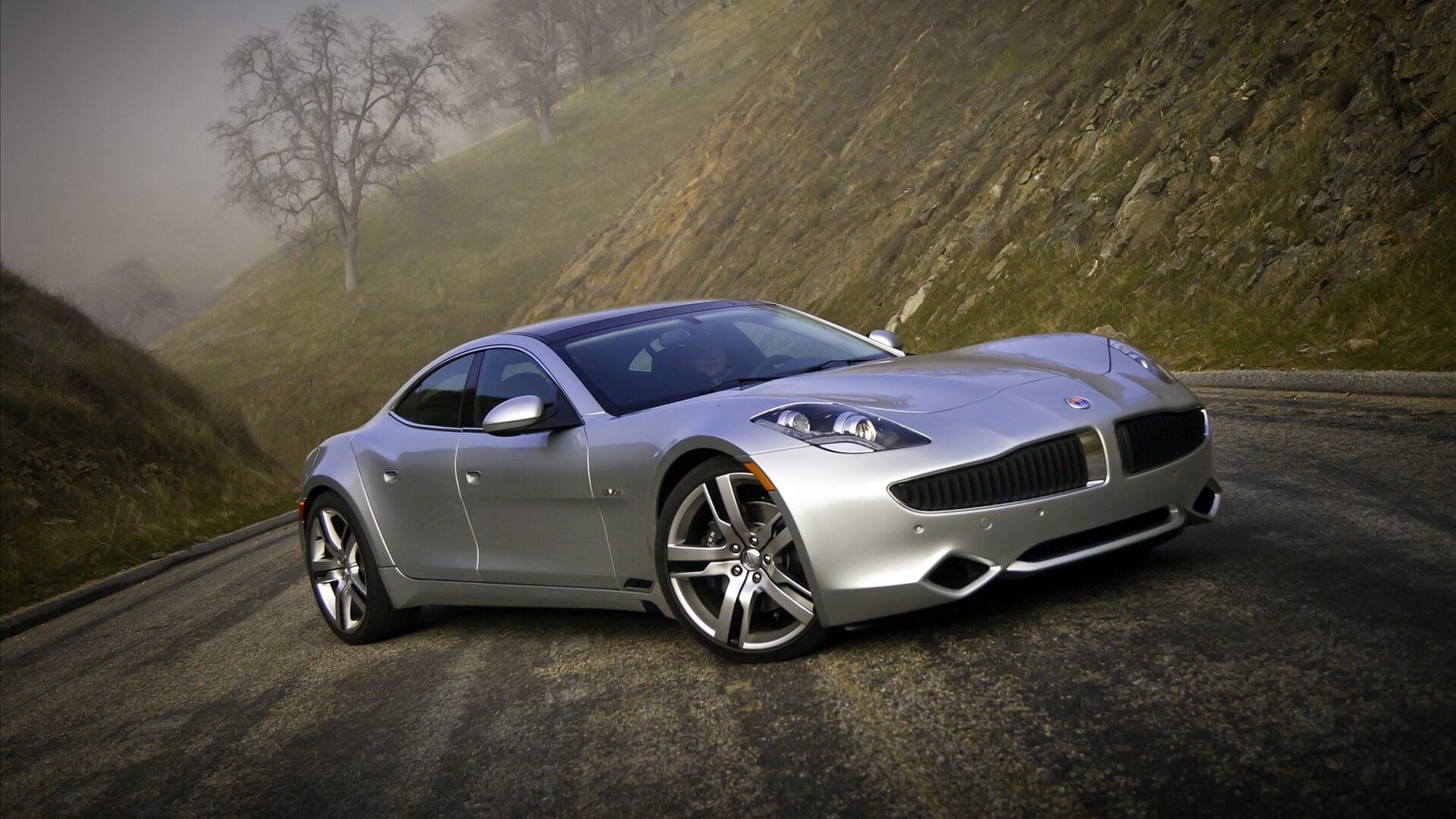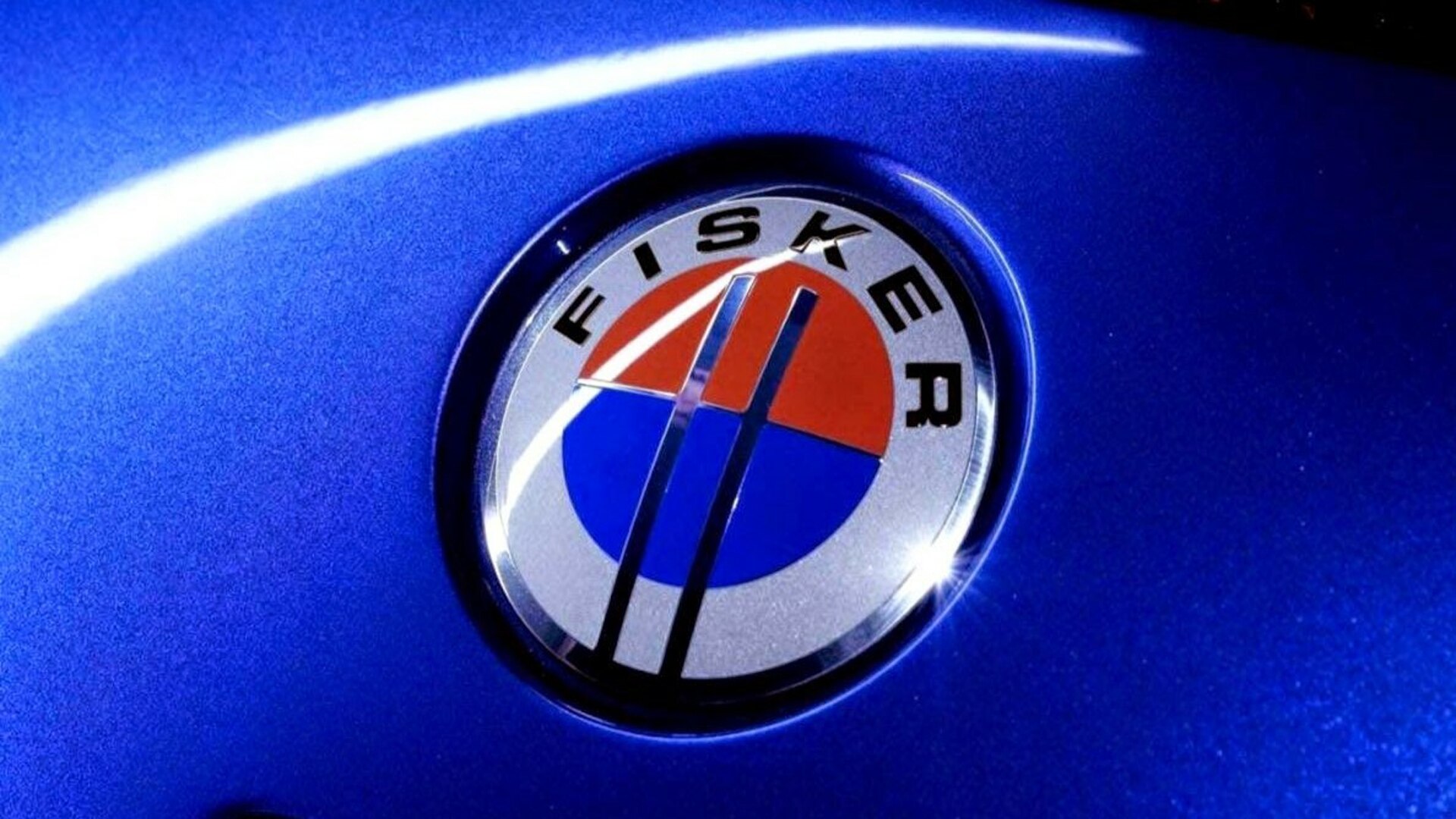Electric vehicle startup Fisker has declared a six-week hiatus in production commencing March 18, 2024, as the company awaits new investment and navigates strategic discussions with a major, yet unnamed, automaker. This production pause aims to realign inventory levels and advance strategic and financing endeavors, as stated by the manufacturer.
Fisker’s recent earnings call, marked by a bleak outlook and announcements of substantial layoffs in late February, underscores the challenges the company faces in the competitive electric vehicle market.
Despite the temporary cessation of production, Fisker remains engaged in negotiations with a significant automaker to forge a strategic alliance.
This collaboration could potentially involve joint ventures in electric vehicle platform development or manufacturing partnerships within the United States. However, any agreement reached will be contingent upon fulfilling various conditions, including due diligence completion and the execution of definitive agreements.

Moreover, Fisker has secured additional funding commitments from an existing investor, subject to the submission of the company’s 2023 Form 10-K to the U.S. Securities and Exchange Commission.
This financing, valued at up to $150 million in gross proceeds, will be disbursed in four installments and originates from the holder of Fisker’s 2025 convertible notes.
Amid these developments, Fisker’s stock faced a notable decline, plummeting 16 percent during trading hours, contributing to a cumulative 90 percent decrease since the beginning of the year, according to reports from The Wall Street Journal.
Regarding production figures, Fisker recorded the manufacture of 10,193 vehicles in 2023 but delivered only 4,929 units within the same period. In the current year, Fisker disclosed production of approximately 1,000 vehicles from January 1 to March 15, with deliveries totaling about 1,300 units.
Looking ahead, Fisker has outlined plans for upcoming products slated for release in 2025 and 2026, including the Alaska pickup, the sub-$40,000 Pear SUV, and a high-performance sports car named the Ronin.

